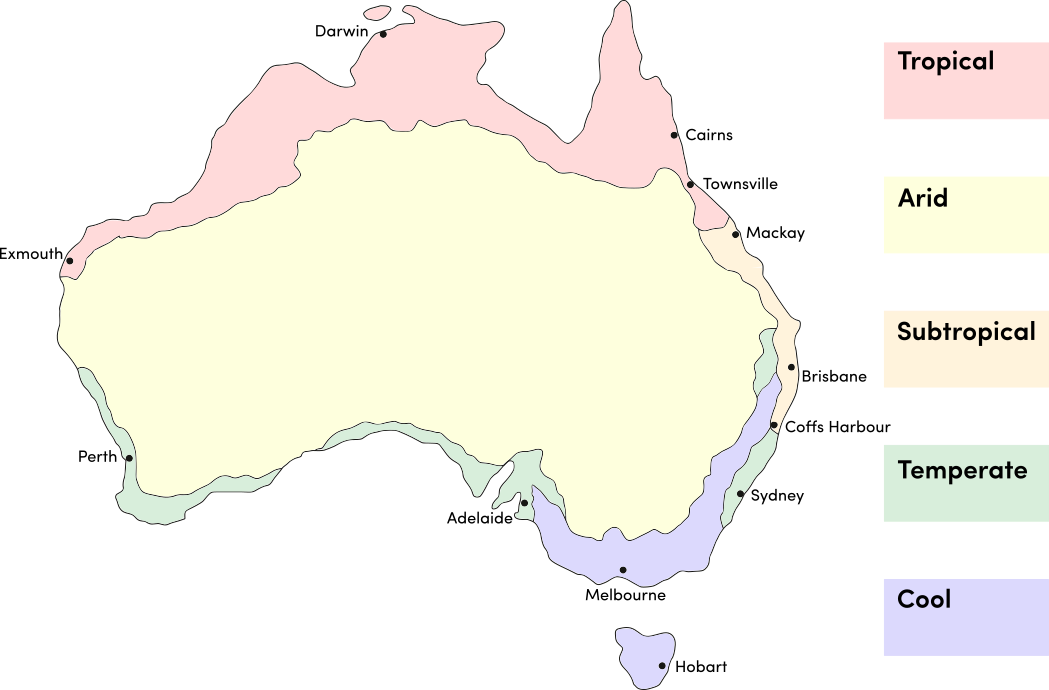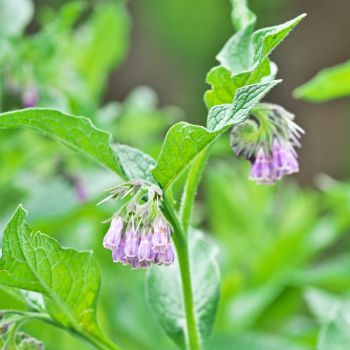A gardener's life has its fair share of setbacks and failures, so it's all the more important to recognise and appreciate the successes as they arrive. Taking a little time each day to reflect on your gardening achievements is a strong motivator, giving you a boost during those times when your growing efforts aren't going as smoothly or quickly as you'd like.
If your interest in plant growing extends to the kitchen, you'll likely already have a herb patch. But its produce can be used for far more than a bunch of basil for your pasta or coriander for your curry. Nearly any herb you grow can be made into a tea, and the simple act of sipping a home-grown brew can provide a fulfilling moment or two to reflect on your garden's development.
Making herbal tea also expands the repertoire of plants you can usefully grow and enjoy, and all good gardeners know the benefits of species diversity for insect life and ecology in general.
And of course, herbal tea is an excellent way of enjoying the health and wellbeing effects of medicinal herbs, bringing benefits which have been valued for centuries.
But if you've only ever made tea from store-bought preparations, what do you need to know to get started?
Which Herbs Make the Best Teas
You can use almost any culinary herb to make a herbal tea. Of course, you'll want to choose a variety with a flavour you enjoy, but many common herbs also have traditional medicinal benefits. Making tea is the quickest and easiest way to bring them out. Here are seven of the most common herbs used for herbal teas.
Lemon Balm - Lemon balm makes a refreshing citrussy brew which is often used to calm stomach upsets. However, it's perhaps best known for its mild mood-enhancing effects, while also relieving tension, soothing headaches, and helping with insomnia.
Chamomile - A classic tea that's good for stomach cramps and muscle aches. Chamomile also relieves colds, reduces allergic reactions, and helps bring restful sleep.
Cinnamon Basil - As the name suggests, this basil cultivar has a distinct whiff of cinnamon which makes for a delicious, warming tea. It also has a mild anti-inflammatory action which helps to subdue digestive problems.
Anise - Sweet cumin or anise makes a zingy, tasty tea which helps clear sinusitis and ease other respiratory problems.
Sage - Worldwide, sage is probably more widely used for its medicinal properties than its strong culinary flavour. It's said to detox the body while also boosting the immune system. However, this is a tea that's best drunk in moderation, as excessive amounts can cause problems for people with weak kidneys.
The Mint Family - Mint tea is a stalwart of Middle Eastern culture where it's prized as a refreshing and cooling digestif. It can be made using any culinary member of the mint family, for example spearmint or a more unusual variety such as bergamot-lemon mint. However, peppermint is thought to provide the most health benefits, most notably for the digestive system.
Lavender - Lastly, you'll either love or hate lavender's distinctive flavour, but it has a long history as a relaxant and makes a soothing, stress-busting tea. It's also excellent for easing aching muscles - perfect after a long day's digging in the veggie patch.
The list of medicinal herbs is huge, and some of the more enthusiastic claims you'll read online are best taken with a pinch of salt. However, there's no doubt that the simple ceremony of brewing a tea from your own herbs and drinking it in the garden is a source of wellbeing in itself.
How to Make Herbal Tea - Cold and Hot Infusions
Herbal tea is most commonly made using either cold or hot infusion, and both methods are extremely straightforward.
Cold infusion is ideal for making large batches of tea, or for brewing fragile, aromatic herbs whose essential oils could be destroyed by heat.
It's done by leaving fresh or dried herb leaves and flowers to steep overnight in a covered container of cold water. Depending on the strength of the herb, use approximately one part herb to four parts water. The next day, strain the mixture through a fine sieve, and optionally sweeten with honey or sugar.
Cold-infused tea can be kept in the refrigerator for three days, or frozen for up to six months.
Hot infusion is a much quicker process, and will be familiar to anyone who enjoys loose-leafed black tea. Simply place your herbs in a teapot or a single cup, pour over hot-but-not-boiling water, and leave to brew for between five and 15 minutes. Strain through a tea sieve or a piece of muslin, and drink straight away. Once again, bitter herbs can be sweetened with sugar or honey.
Using Decoctions for Tougher Herbs and Spices
However, herbal tea making doesn't end there. The final method is known as a decoction, and is useful for making tea from herb roots, seeds, bark, or tougher stems. One popular decoction is made from burdock root, highly valued for its ability to treat ailments from infections to joint pain.
To make a decoction, use around 300ml of water for each teaspoon of your herb or spice. Place in a pan and bring to a boil, leaving it to simmer for around 20 minutes before straining and drinking. Decoctions are a great opportunity to make a more flavoursome brew by adding ginger, citrus peel, liquorice bark, or other spicy extras to the basic herb.
Experiment - but Carefully
You can make your own herbal blends for both infusions and decoctions, taking advantage of the unique flavours and medicinal benefits each herb offers. Trying out different flavour combinations as new plants mature in your herb patch can quickly become a highlight of the day.
However, always research a herb carefully before making a new tea. Medicinal herbs might not be safe to consume regularly or in large quantities. A herb that's fine to use in a culinary setting may be potentially harmful when concentrated into a tea.
The danger is slight but you shouldn't dismiss it. Check each new herb species for possible toxicity before making your first brew. Never use a herb that you can’t identify and never use a herb that’s toxicity is unknown.
There are many ways of enjoying the results of your hours of garden work. Herbal teas are quick to make from easily grown plants, they taste delicious, and they also bring proven physical and mental health benefits.
If you've never considered growing your own herbal tea patch, it'll bring a whole new dimension to your gardening activities.







